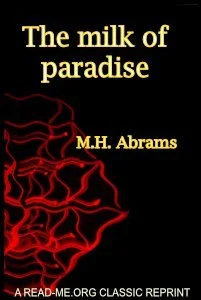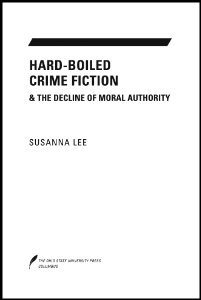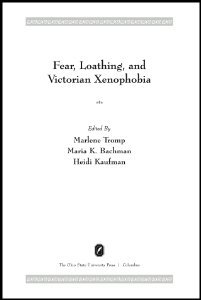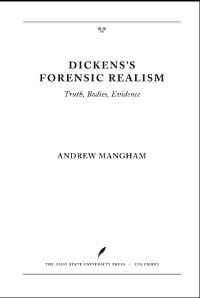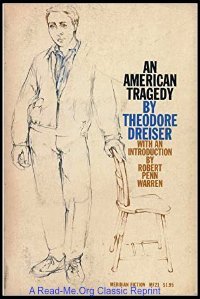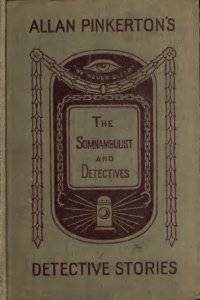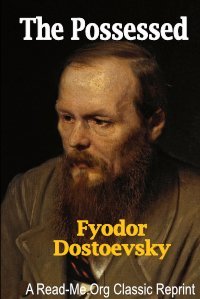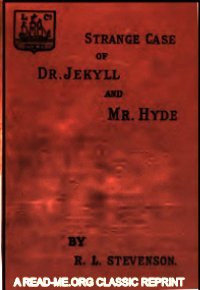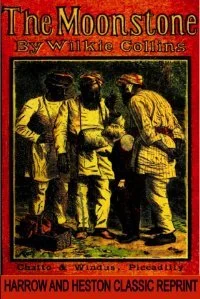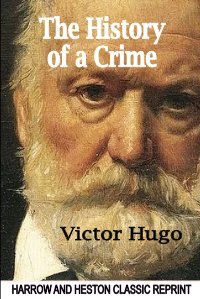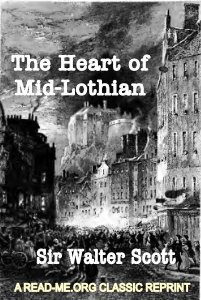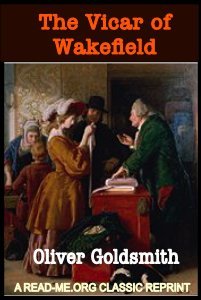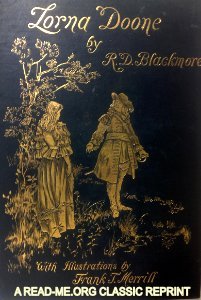By M.H. Abrams..
The effect of opium visions on the works of DeQuincey, Crabbe, Francis Thompson, and Coleridge. “ Four eminent English authors were addicted to opium. Each author spent a considerable part of his life in a dream world which differs amazingly from that in which we live. Each author utilized the imagery from these dreams in his literary creations, and sometimes, under the direct inspiration of opium, achieved his best writing. Thus, a knowledge of the opium world these authors inhabited is essential to a complete understanding of their work. In the cases where critics have not entirely neglected this factor, their analysis of opium effects is too often a flight of conjecture unimpeded by any burden of definite knowledge. Strangely enough, although “there is hardly a more difficult chapter in the whole of pharmacology than . . . a thoroughly exact analysis of the effects of drugs,”(Louis Lewin, Phantastica, London, 1931, Preface, p. x.) this is just the field wherein each man seems to consider himself expert. When a critic of established reputation is misled into characterizing all of Coleridge’s finest poems as “the chance brain-blooms of a season of physiological ecstasy,”(John Mackinnon Robertson, New Essays towards a Critical Method, London, 1897, p. 190) it is time to examine the facts.
-
Accordingly, I have based my investigation of the nature of opium phenomena on the statements of habituates and the findings of psychological authorities. Moreover, since to postulate addiction to opium merely from the “abnormality” of a man’s work. although the usual method, is illogical, my approach to each of the authors under consideration is biographical. Limitations of the length allowed for this thesis have imposed limitations in subject. I have dealt with no drug but opium, except in a passing reference in the Notes. Foreign authors I have had to omit; and of English authors I have been able to treat at length only those four whose long addiction to the drug is certain: DeQuincey, Crabbe, Francis Thompson, and Coleridge. Even with these men, it has been necessary to cut down evidence to a minimum, but indications for further investigation will be found in the Notes. There is no definite proof of addiction to opium in the lives of James Thomson and Poe. In their works, too, indications of the influence of alcohol are so strong that it would be difficult to distinguish any possible effect of opium. Since the date of the inception of Coleridge’s opium habit is necessary for a determination of the influence of the drug on his great creative period, I have gathered in an appendix all the evidence available on this agitated question.”
New York: Octagon Books, 1971. 104p.


